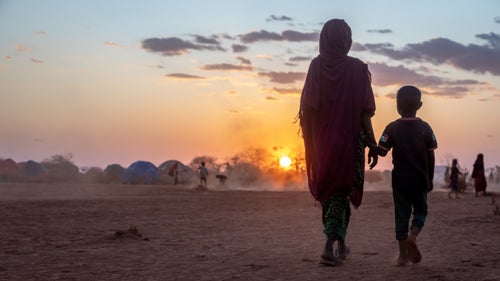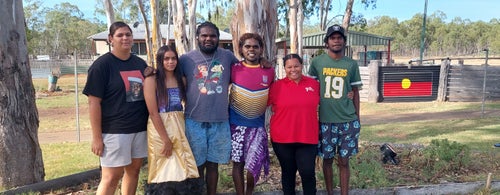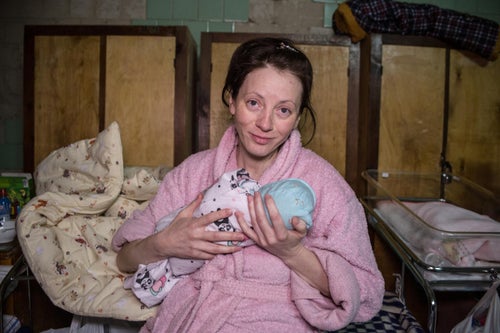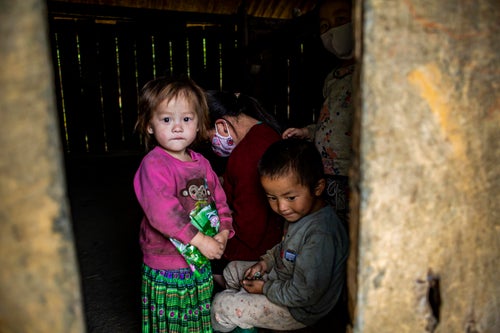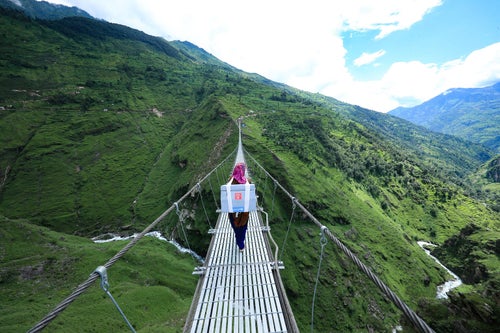Every expectant mother dreams of a healthy and safe birth for her child. Living in the Rohingya refugee camps in Bangladesh, 28-year-old Rubeda constantly worried if she would have enough food to feed herself and her unborn child.
Despite her concerns, she gave birth to her fourth child without any complications, a baby girl named Sofiba.
Rubeda’s happiness was short-lived when, days later, Sofiba developed a fever, diarrhoea and began losing weight rapidly. A visit from a community nutrition volunteer confirmed an unsettling diagnosis – Sofiba was suffering from severe wasting, the most dangerous form of malnutrition.
A childhood of uncertainty and trauma
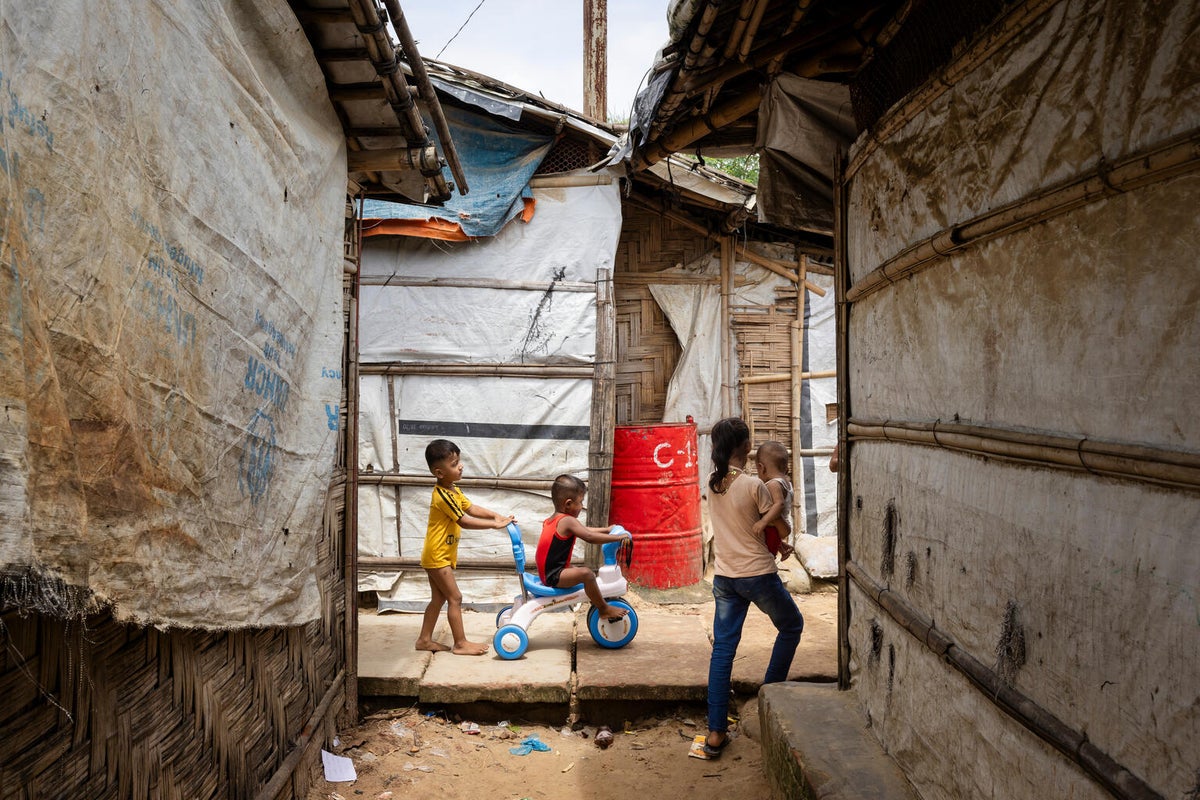
About a million Rohingya – half of them children like Sofiba – have spent years in exile from Myanmar in the world’s largest refugee camp in Cox’s Bazar, in southern Bangladesh.
On 25 August 2017, a deadly crackdown by Myanmar's army on Rohingya Muslims sent hundreds of thousands fleeing across the border into Bangladesh. Seven years later, they rely entirely on humanitarian assistance for protection, food, water and shelter and live in temporary shelters in highly congested camp settings.
500,000
Around 500,00 Rohingya children in need of assistance
64,000
Rohingya children who are dangerously malnourished
Many Rohingya children have been born into this limbo, taking their first breaths in overcrowded camps. In these cramped environments, their livelihoods are constantly threatened by the monsoon season and weather-related disasters that increase the risk of diseases such as diarrhea, dengue, malaria, or cholera.
In Myanmar, the situation has worsened since the military takeover in February 2021. Children face escalating violence, particularly in Rakhine State and the northwest region. Rising inflation is pushing more families into poverty, exposing children to higher risks of exploitation, including abuse, child labour, early marriages, and gender-based violence. Devastatingly, child recruitment into fighting surged by over 380 per cent in 2023 compared to 2022.
Then there are natural disasters like cyclones and monsoonal floods that are exacerbating an already complex situation where mass displacement and the near collapse of essential services are leaving many children and families without access to safe water, healthcare, education and electricity.
"In Rakhine and across the country, children and families continue to pay the price for conflict, with their lives, livelihoods, and futures. Parties to the conflict must uphold their obligations to protect children."
How UNICEF is helping Rohingya children and families
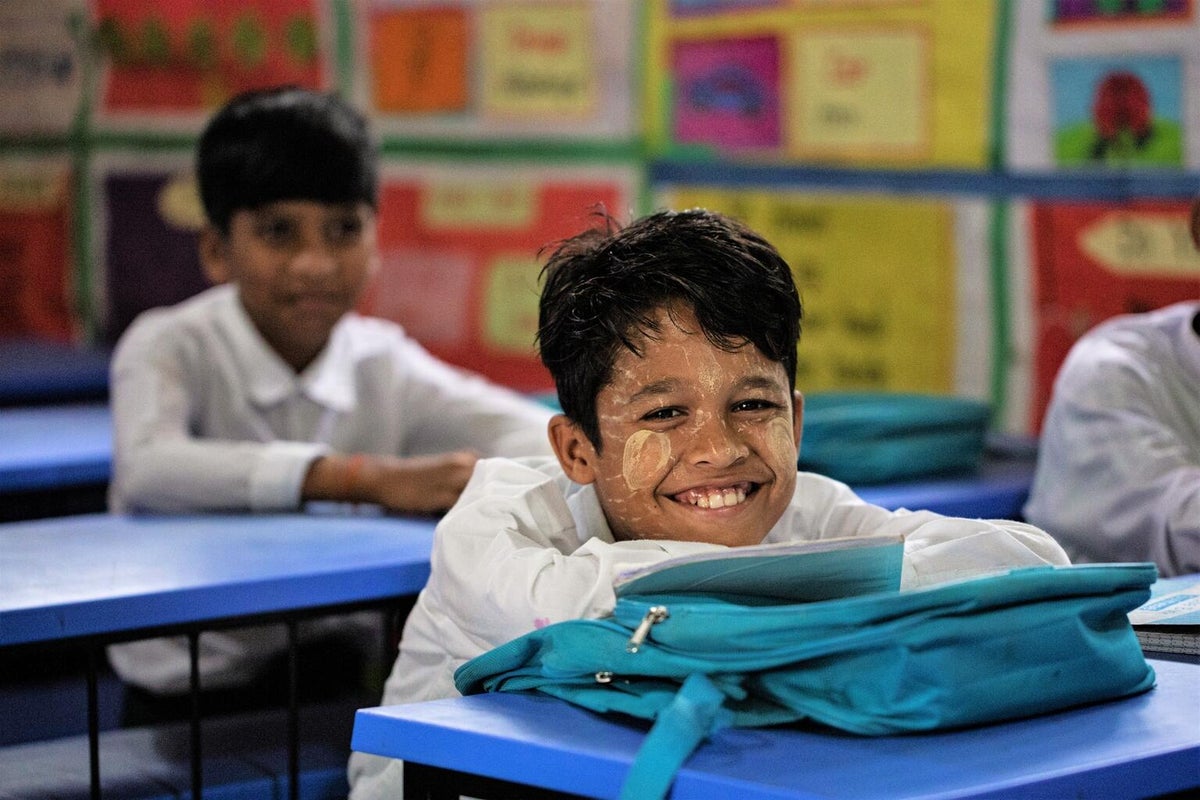
While the crisis has faded from the headlines, UNICEF continues to support children and families in Myanmar and in refugee countries like Bangladesh.
Thanks to the incredible support of our donors, UNICEF has strengthened our ongoing presence in Bangladesh and we continue to work alongside our partners to provide humanitarian support to displaced children and families in need, including safe water and sanitation, lifesaving healthcare and nutrition, quality education, and child protection.
In 2023, UNICEF and our partners in Cox’s Bazaar:
- Supported 270,000 Rohingya refugees with access to safe water supplies
- Provided Vitamin A supplementation for 143,000 refugee children under five
- Supported services at 26 nutrition facilities and health consultations for almost 170,000 people
- Helped more than 10,000 out-of-school children sit placement tests
- Reached more than 177,000 children and caregivers with psychosocial support
At UNICEF-supported nutrition facilities, children, caregivers, and pregnant and lactating women also receive various life-saving preventive and nutrition services. These include screening of children under five for the early detection of malnutrition, emergency nutrition supplies to treat severe wasting, nutrition counselling, growth monitoring and cooking demonstrations for caregivers to promote adequate meals for infant and young child.
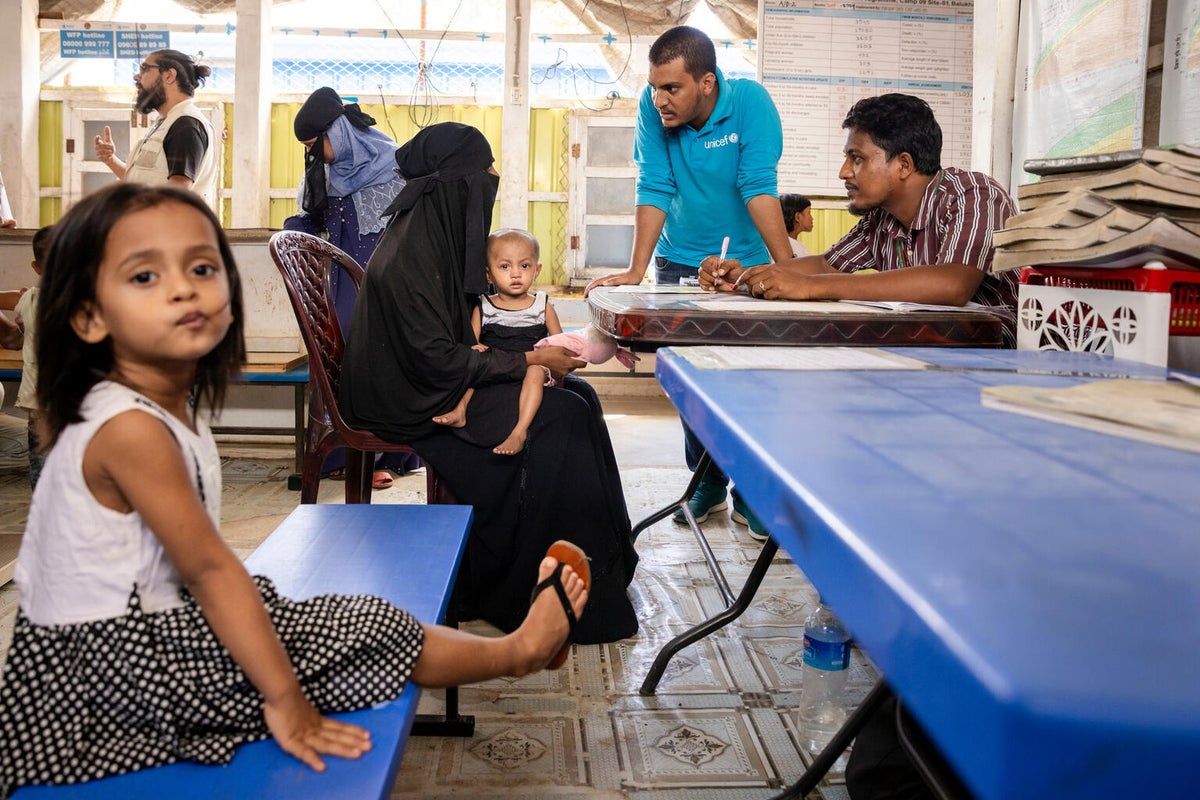
"I felt helpless; my baby did not play much. She was weak and could not walk," says Rubeda. However, since coming to a nutrition facility, Sofiba has made slow but steady progress. Whilst her mid-upper arm is still thin, she continues gaining weight and has grown taller since she was first admitted for treatment.
The ordeal has weighed heavily on Rubeda, who is three months pregnant, but she is determined and hopeful to see her daughter improve.
"She still needs to gain [more] weight for her health to improve. I wish for my baby to be able to walk soon."
A call for peace
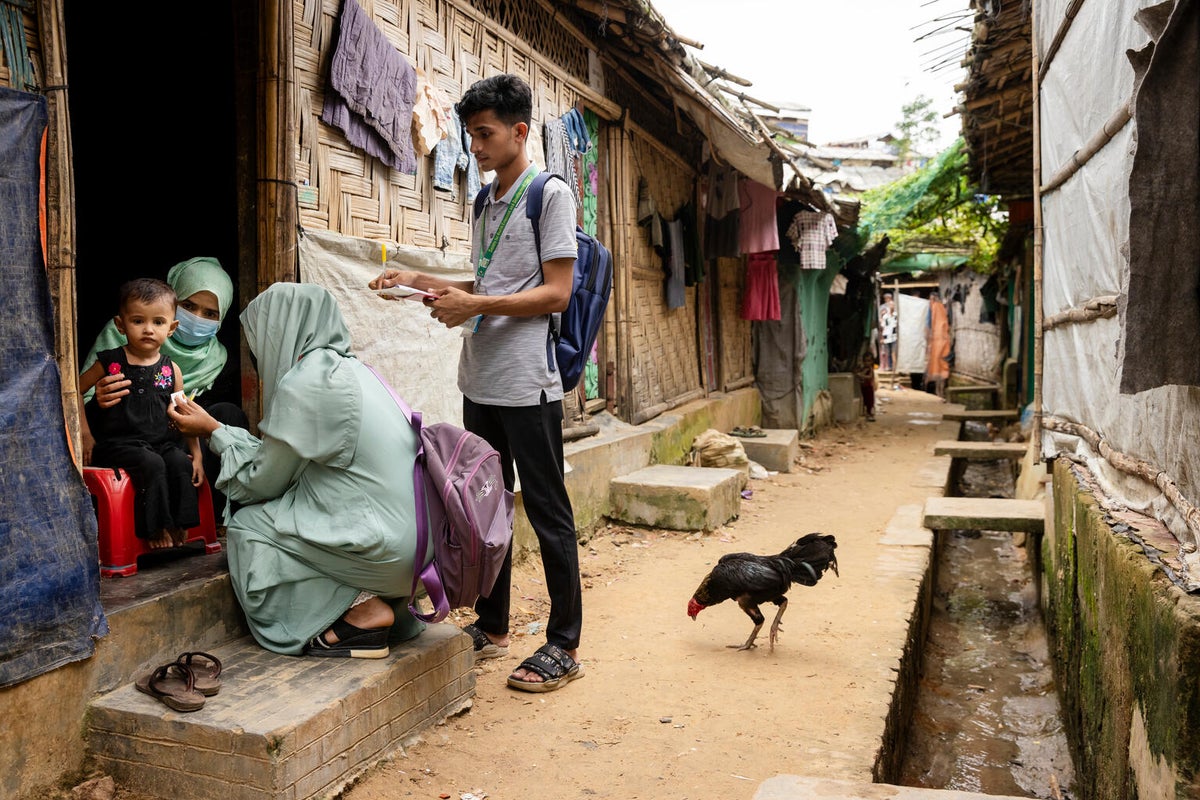
Together, we have achieved so much, but now is not the time to look away. Rohingya children need us more than ever. Children in Myanmar and refugee countries like Bangladesh remain in limbo with no end in sight to the political and ethnic regional tensions that sparked it.
With violence intensifying in Myanmar and recent political upheaval in neighbouring Bangladesh, the situation remains precarious, and the needs of Rohingya children and their families only continue to grow. As the crisis fades from the headlines, humanitarian assistance for this refugee population has fallen, increasing the vulnerabilities they face.
UNICEF calls on all parties to the conflict to uphold their obligations under international humanitarian law and international human rights law to protect civilians, particularly children, and ensure their safety and wellbeing. UNICEF also calls for safe and unimpeded access to deliver humanitarian aid by all humanitarian actors.
Let’s work together to provide children and families with the urgent support they need.
Related articles
Stay up-to-date on UNICEF's work in Australia and around the world








